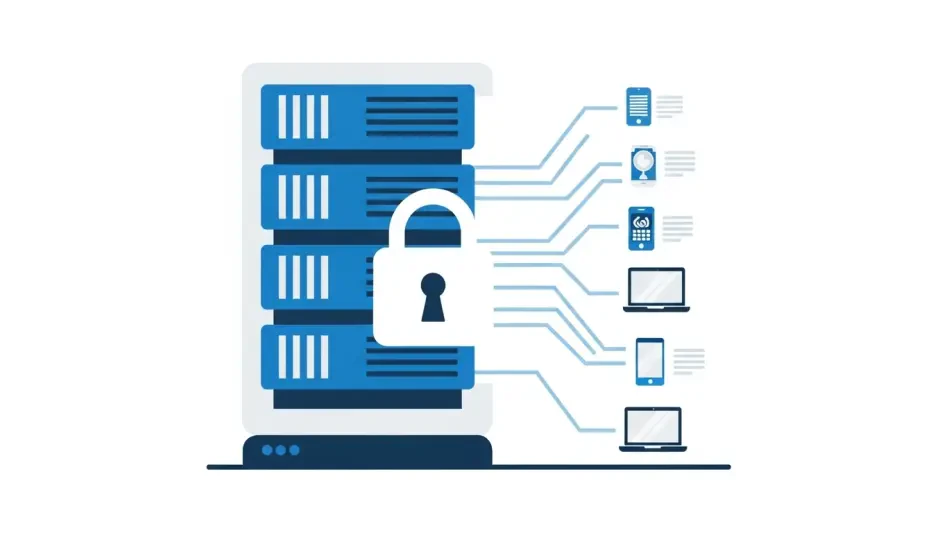The finance sector, despite its critical role in the global economy by handling trillions of dollars in transactions and safeguarding essential data, is surprisingly vulnerable due to weak password practices. Recent research has highlighted a significant concern: the alarming prevalence of weak and easily predictable passwords used by financial institutions that expose them to cybercriminals. The weak password practices in question range from commonly used numerical combinations like “123456” to simplistic daily-use credentials such as “password” and “user@123”. This investigation by NordPass with NordStellar indicates that these insecure passwords are employed across various platforms, potentially endangering internal banking dashboards, accounting systems, employee email logins, and even demo accounts. In some instances, default passwords like “demo” and “secret” were not changed, leaving significant security gaps that could easily be exploited by malicious entities.
1. Simple Passwords and Cybersecurity Risks
Karolis Arbaciauskas, leading the business product sector at NordPass, emphasizes the persistent vulnerability of the finance industry, which is one of the most targeted by cybercriminals. Despite the evident risk, many financial institutions do not adopt robust password security measures that could withstand even a basic security review. The use of weak passwords poses a substantial risk, where default logins and simple numeric sequences can easily be cracked with straightforward hacking tools. Moreover, many passwords include personal or company-related names and numbers, such as birth years or commonly associated finance terms, which are inherently unsafe. These vulnerabilities provide unauthorized access to sensitive systems, making the entire sector susceptible to breaches that can lead to massive data leaks, significant reputational damage, and strict regulatory penalties.
2. Strengthening Password Practices in Finance
To address vulnerabilities in password practices within the finance sector, a broad strategy is necessary to elevate security standards. Karolis Arbaciauskas emphasizes some crucial steps to reinforce password protocols, such as steering clear of personal names, significant years, or company names in passwords that are easy to guess or locate. Educating all staff levels, from analysts to senior executives, about contemporary password hygiene is vital. Advocating for the adoption of strong, unique passwords kept in secure, business-grade password managers can minimize the temptation to reuse or jot down passwords. Additionally, deploying multi-factor authentication (MFA) can provide another layer of defense, improving security even if passwords are compromised. The financial sector’s trust hinges on security, compelling its leaders to prioritize password safety alongside fraud prevention and compliance measures. Emphasizing cybersecurity is essential for safeguarding the future of financial services, ensuring ongoing trust and confidence in their offerings.








